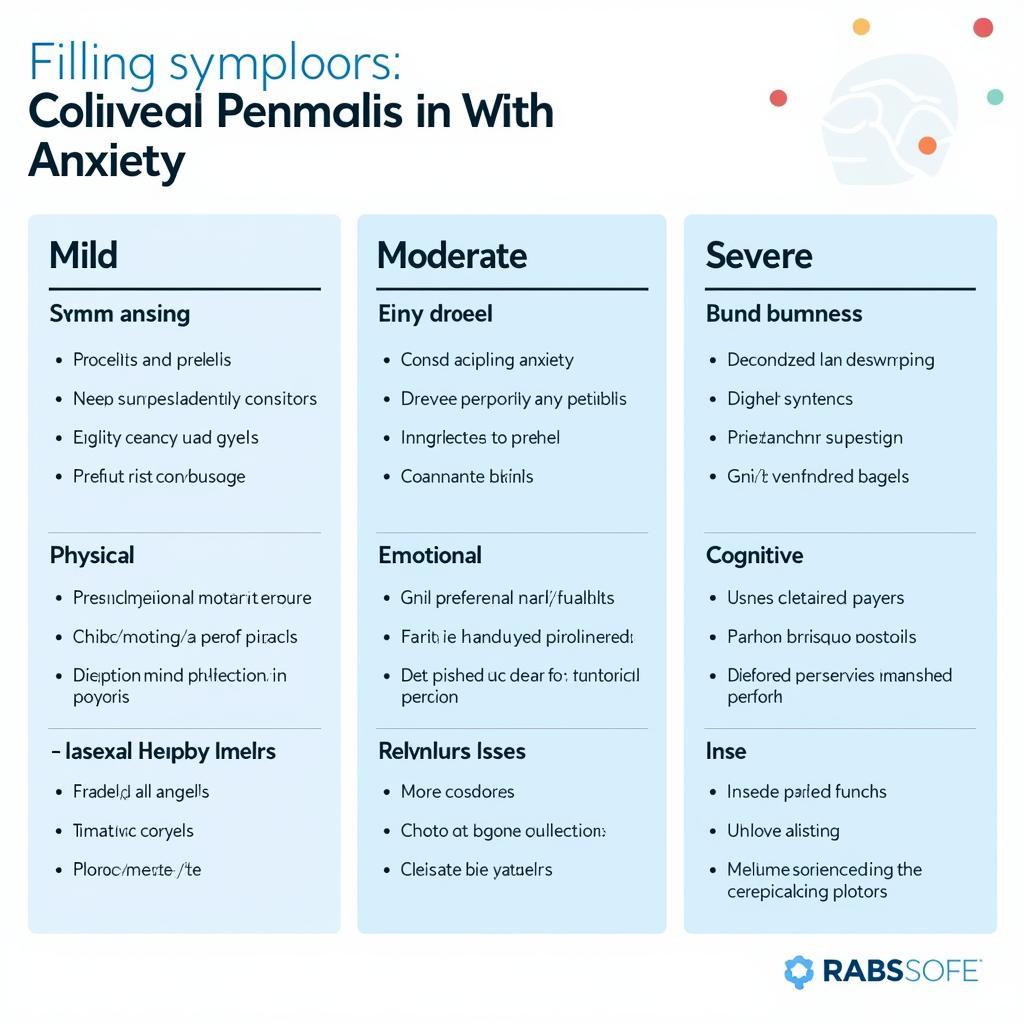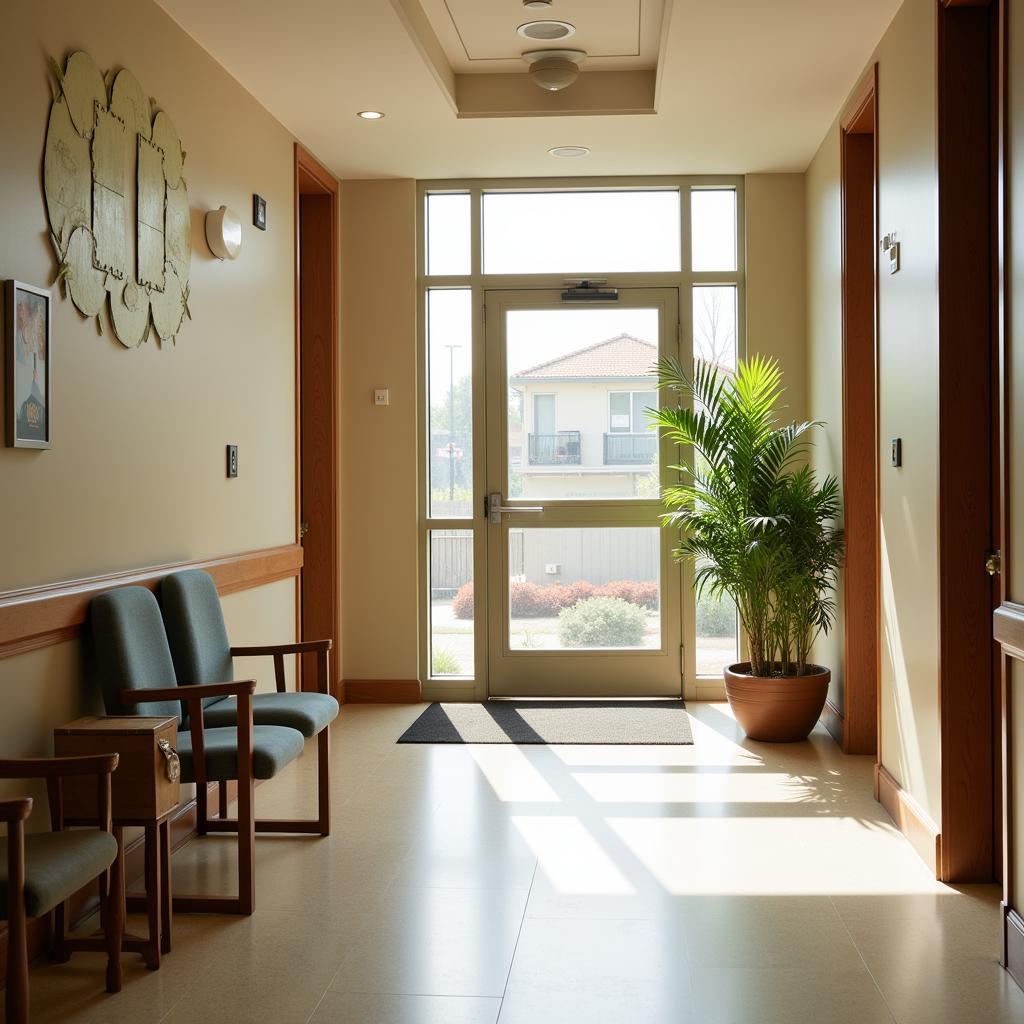Dealing with anxiety can be an incredibly challenging experience. It can manifest in a variety of ways, from persistent worry and racing thoughts to physical symptoms like a rapid heartbeat and difficulty breathing. If you’re struggling with anxiety, you might wonder if seeking help at a hospital is the right course of action. Let’s explore when it’s appropriate to go to the hospital for anxiety and other options for support.
Understanding Anxiety and Its Severity
Anxiety is a normal human emotion that everyone experiences from time to time. It’s our body’s natural response to stress or perceived threats. However, when anxiety becomes excessive, persistent, and starts interfering with your daily life, it’s crucial to seek help.
There are different levels of anxiety:
- Mild anxiety is typically short-lived and manageable. It might involve feeling a bit nervous or apprehensive about a specific situation.
- Moderate anxiety can be more intense and make it somewhat difficult to concentrate or sleep.
- Severe anxiety can be debilitating, causing intense fear, panic attacks, and difficulty functioning in everyday life.
 Anxiety Symptoms Chart
Anxiety Symptoms Chart
When to Seek Emergency Care for Anxiety
In most cases, anxiety doesn’t warrant a trip to the emergency room. However, there are situations where seeking immediate medical attention is crucial:
- Suicidal thoughts or intentions: If you’re experiencing thoughts of harming yourself, reach out for help immediately. Call emergency services or go to the nearest hospital emergency room.
- Chest pain or difficulty breathing: While these symptoms can be linked to anxiety, it’s essential to rule out any underlying medical conditions.
- Severe panic attacks that don’t subside: If you’re experiencing a panic attack that’s particularly intense or prolonged and home remedies aren’t helping, seek medical attention.
Alternatives to the Hospital for Anxiety Treatment
If your anxiety is not an immediate emergency, there are several other avenues for support:
- Schedule an appointment with your primary care physician: They can assess your symptoms, rule out any physical health concerns, and refer you to a mental health professional if needed.
- Contact a therapist or counselor: These professionals specialize in helping individuals understand and manage anxiety. They can provide you with coping strategies, relaxation techniques, and therapy options such as cognitive-behavioral therapy (CBT).
- Seek support groups: Joining a support group allows you to connect with others who understand what you’re going through. Sharing experiences and coping mechanisms can be incredibly beneficial.
How San Jose Hospital Can Assist You
At San Jose Hospital, we understand the complexities of anxiety and are committed to providing comprehensive care for your mental well-being. Our compassionate team of mental health professionals offers a range of services, including:
- Individual therapy: Tailored one-on-one sessions to address your specific anxiety triggers and develop personalized coping strategies.
- Group therapy: A supportive environment to connect with others facing similar challenges and learn from shared experiences.
- Medication management: In some cases, medication might be recommended to help manage anxiety symptoms in conjunction with therapy.
 Mental Health Services at San Jose Hospital
Mental Health Services at San Jose Hospital
Taking Control of Your Anxiety
Remember, you don’t have to navigate anxiety alone. Reaching out for help is a sign of strength, and there are numerous resources available to support you on your journey to recovery. If you’re unsure about the severity of your anxiety or the appropriate course of action, it’s always wise to err on the side of caution and consult with a healthcare professional.
Need immediate assistance? Contact San Jose Hospital at 02437655121 or [email protected]. We’re here for you 24/7.